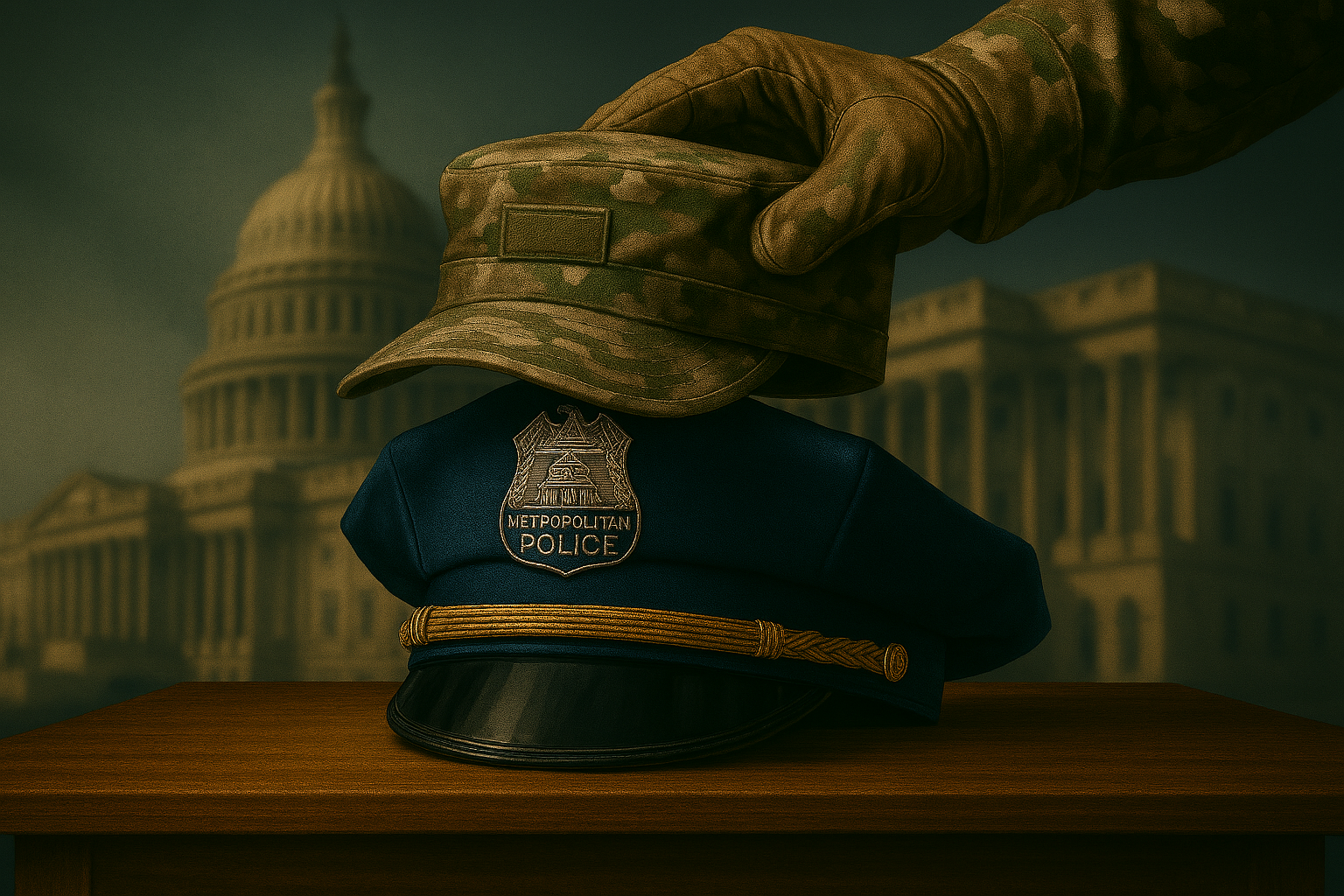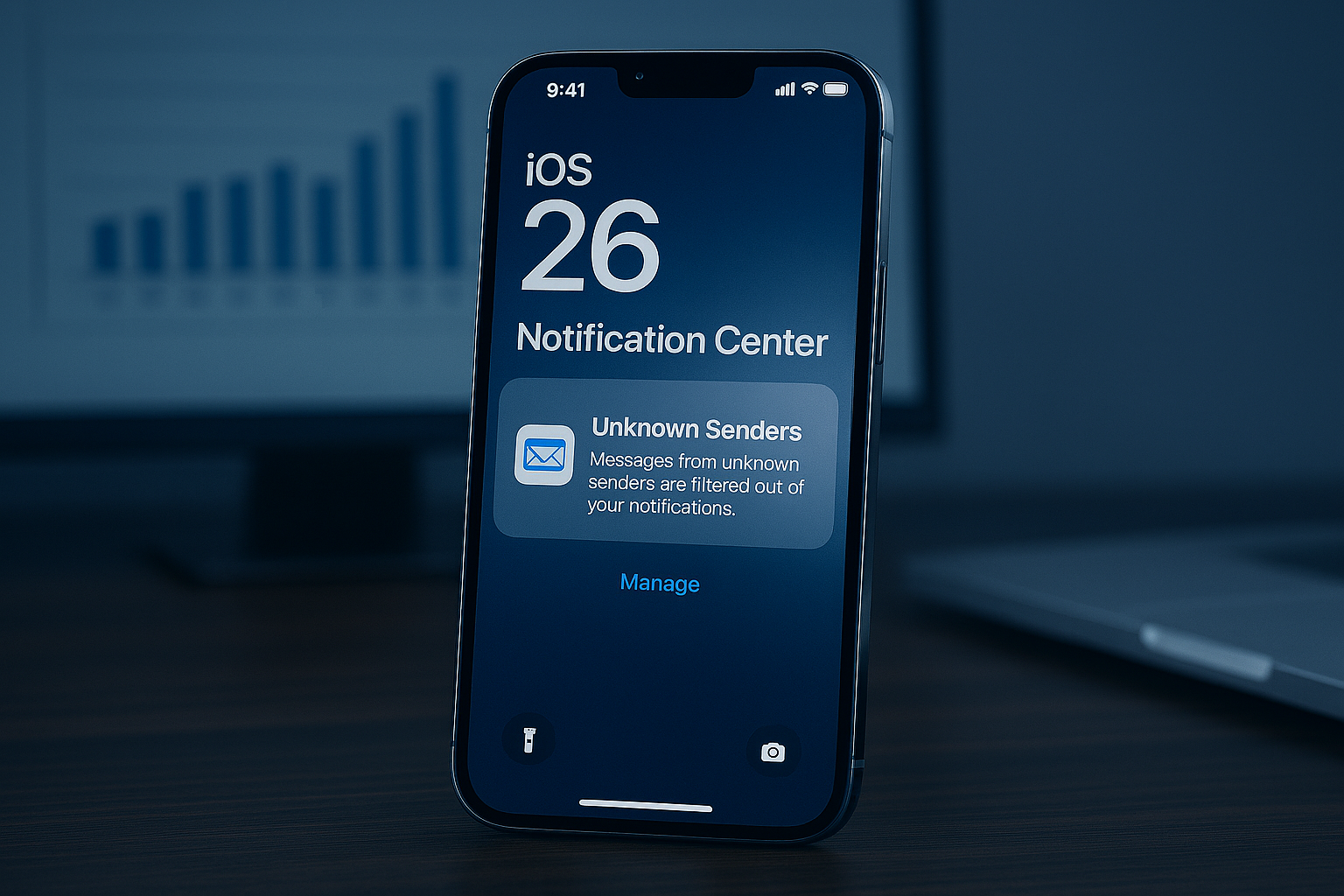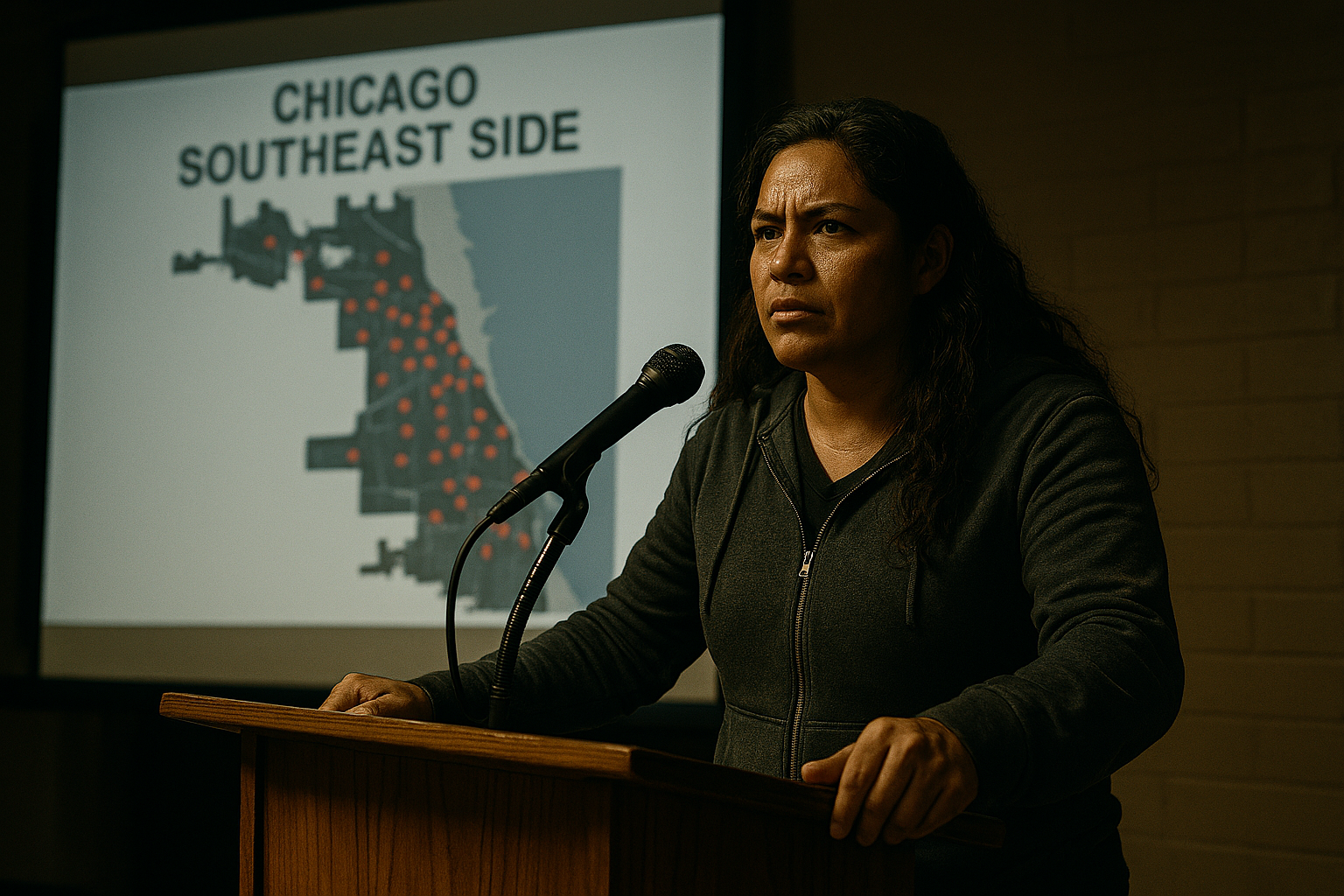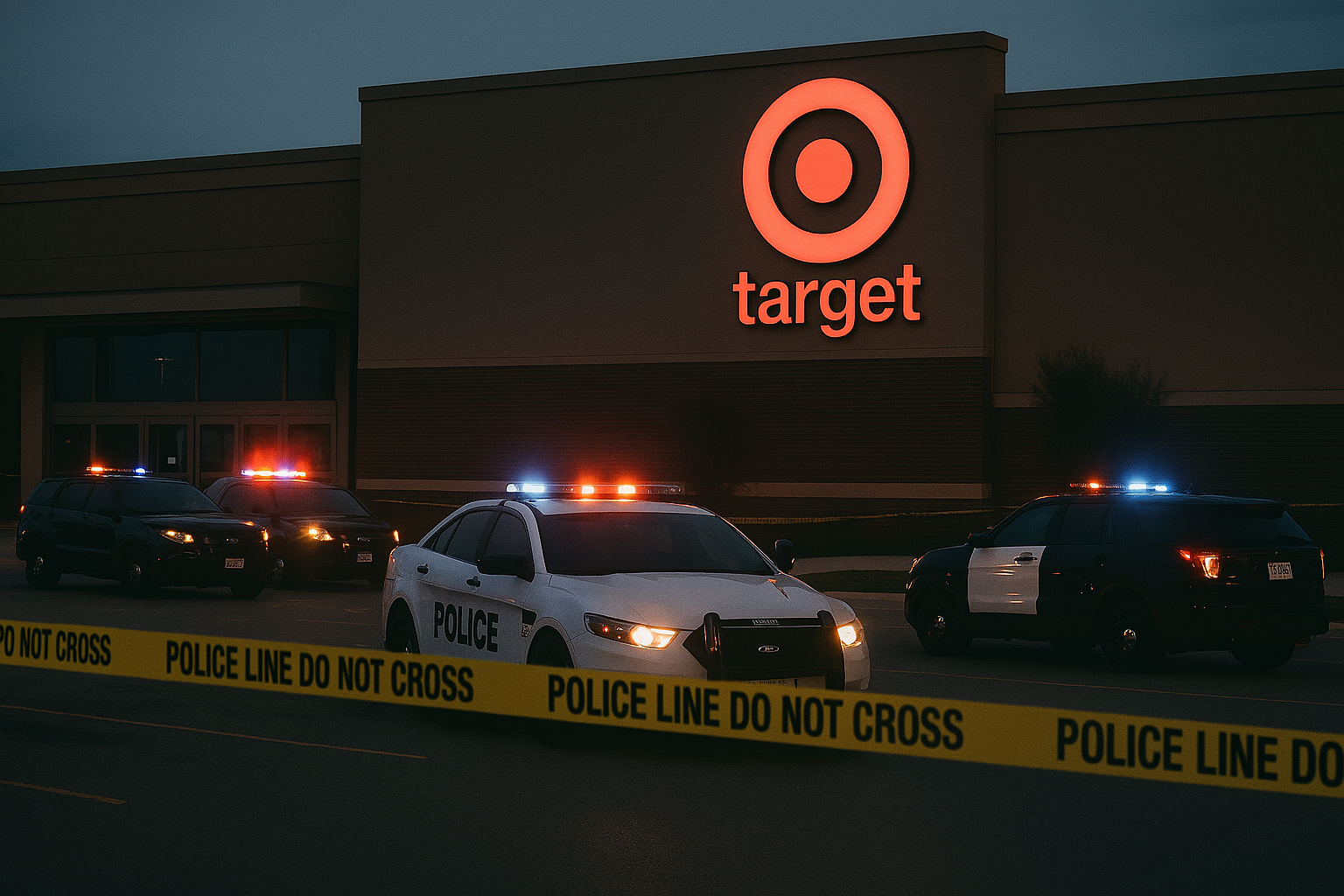Trump’s Plan to Use National Guard for DC Policing Revealed

Trump’s Plan to “Federalize” DC Policing With National Guard Revealed
A detailed plan being formulated by allies of Donald Trump would involve deploying the National Guard for D.C. policing on a routine basis, a radical step that would effectively federalize day-to-day law enforcement in the nation’s capital. The proposal, outlined in a recent report, goes far beyond a temporary “crime crackdown” and represents a sustained strategy to use military force to handle local urban crime. This plan to use the Trump National Guard as a permanent police presence is being condemned by critics as a dangerous weaponization of the military and a direct assault on D.C.’s home rule.
The strategy is being pitched as a necessary response to the District’s struggle with violent crime. However, it raises profound constitutional questions and sets the stage for an unprecedented conflict between a potential White House and the city’s local government.
From Emergency Response to Daily Patrols
The National Guard is typically used in a domestic capacity for short-term emergencies: natural disasters, civil unrest, or major security events like inaugurations. This plan envisions a completely different role.
Instead of being a temporary backstop, the D.C. National Guard would be tasked with duties normally handled by the Metropolitan Police Department (MPD), such as:
- Patrolling residential and commercial neighborhoods.
- Responding to 911 calls for local crimes.
- Establishing a visible, long-term military presence on city streets.
This would fundamentally alter the relationship between the military and civilian life in the District. “This is not what the National Guard is for,” a former Pentagon official stated. “They are trained as soldiers for a military mission, not as community police officers. You are crossing a very dangerous line when you blur that distinction.”
The “Unitary Executive” Theory in Action
The legal and philosophical justification for this plan appears rooted in an aggressive interpretation of presidential power, often associated with the “unitary executive” theory. This theory posits that the President has broad, inherent authority over the executive branch, including law enforcement.
Because Washington, D.C., is a federal district and not a state, the President has direct command over the D.C. National Guard. The plan’s architects argue that this gives a president the legal authority to use the Guard for any purpose they deem necessary for the capital, including routine law enforcement, effectively bypassing the city’s mayor and police chief. This federal crime crackdown would be a direct application of that theory, treating the city’s local government as subordinate and irrelevant.
A City’s Autonomy on the Line
For Washington, D.C., this plan represents an existential threat to its autonomy. Since the passage of the 1973 Home Rule Act, the city has fought for its right to self-governance. A permanent deployment of the National Guard for policing would render that authority meaningless.
Local D.C. officials have reacted with outrage, calling the plan an anti-democratic power grab. They argue that effective policing relies on community trust, something that a military force acting as a domestic police agency could never achieve. “This is an occupation, not a partnership,” said one D.C. Council member. “It is a plan to intimidate our residents and dismantle our local government under the guise of public safety.”
Conclusion: A Blueprint for Conflict
The proposal to use the National Guard for D.C. policing is more than just a tough-on-crime policy; it is a blueprint for conflict. It pits a maximalist view of federal power against a city’s right to self-rule. It challenges the traditional separation between military and civilian law enforcement. If implemented, this Trump National Guard plan would not only transform the streets of Washington but also set a powerful and deeply controversial precedent for the use of military force in American cities.










